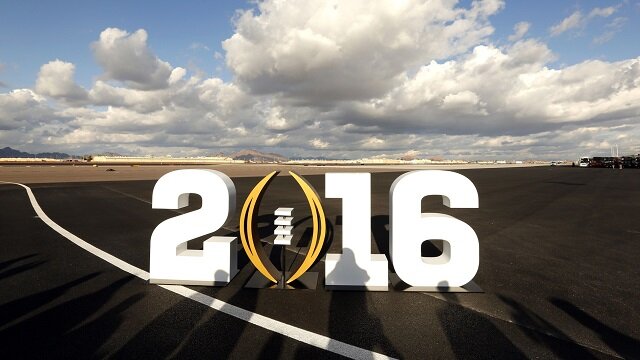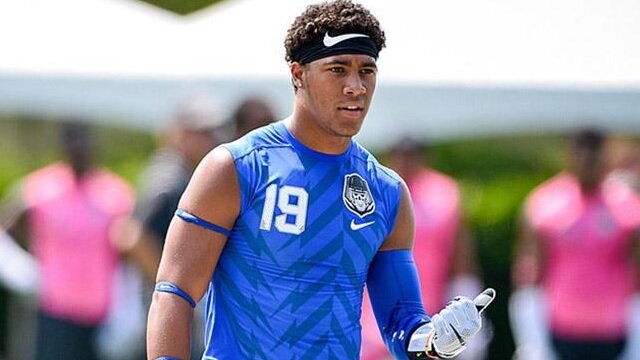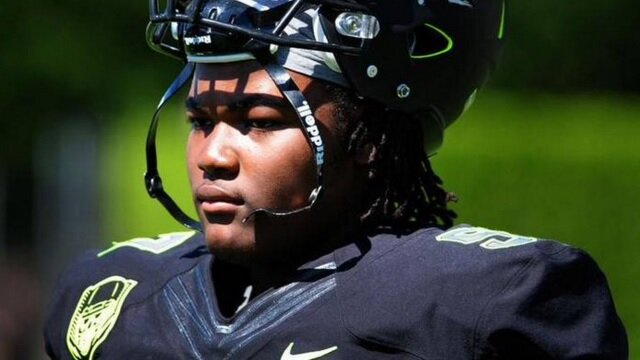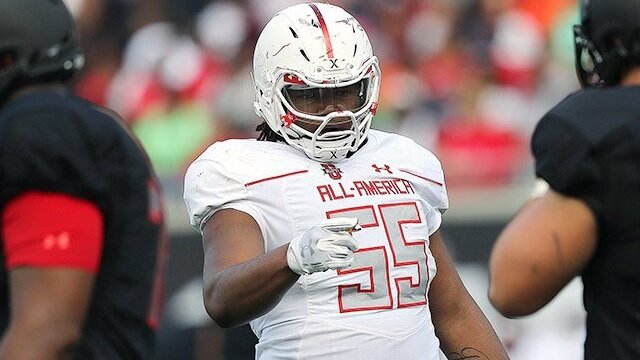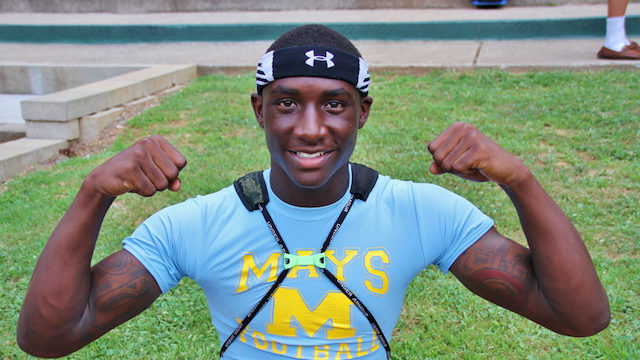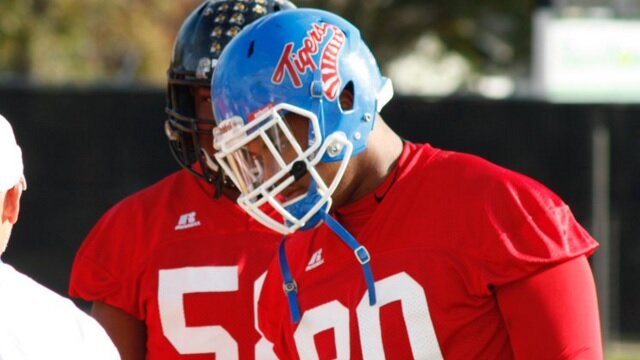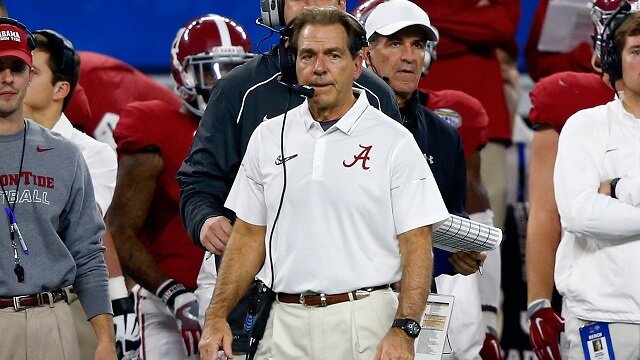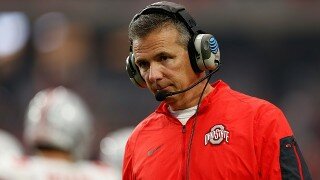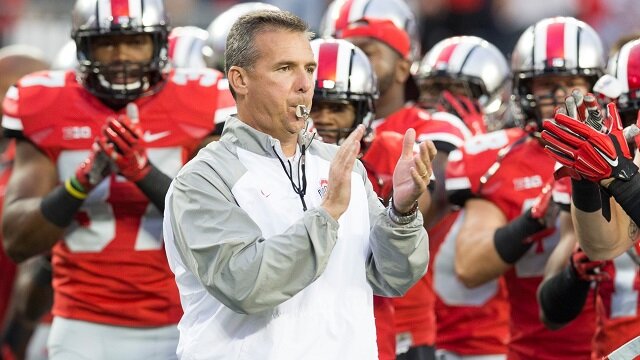Social media has become an integral part of the recruiting process for college football. In some ways, this is a godsend. It makes geographical barriers nonexistent, as coaches have access to players from every part of the country. It helps coaches easily and efficiently speak with their favorite recruiting targets without ever leaving the campus. Fans and boosters can track the recruiting process in real-time and give encouragement to their favorite players. Indeed, fan interaction has become a major factor in the process. A quarter of potential recruits admitted that the fans on social media influenced their decision.
The dark side of the process is that fans have been abusive to players who change their commitments. In addition, players who have posted profane or inappropriate comments have discovered that social media may be the tool that destroys them. Take the case of Yuri Wright in 2012. Wright was a four-star corner who had committed to Michigan. After a series of profane and sexually explicit tweets made the rounds, Michigan dropped him. Wright ended up at Colorado.
As of right now, the NCAA has few restrictions in place on social media interactions, as opposed to the strictures they place on phone calls or text messages. Social media is a gray area, and that will become a problem. Take the case of Nick Starkel, a former commit to Oklahoma State. After he decided to attend Texas A&M, he received a litany of bitter tweets and Facebook messages. This is not only inappropriate, it teeters on the verge of abuse.
Therefore, the NCAA must address the regulation of social media for these students. There needs to be limitations on the contact of boosters, fans and even coaches with these students. Sanctions will not only prevent abuse; they will minimize the intrusion into the students’ lives. While we don’t want to impose on the rights set forth by the First Amendment, we also cannot continue to allow these students to tolerate malicious behavior from disgruntled fans.
The NCAA cannot unilaterally impose restrictions on social media, but it is their duty to protect students from malice. What is the solution? Clarify and reform the social media policy for prospective students. Only that way can we protect these students, many of whom are minors, from verbal abuse at the hands of rabid adults who really should know better.
 Share
Share 

